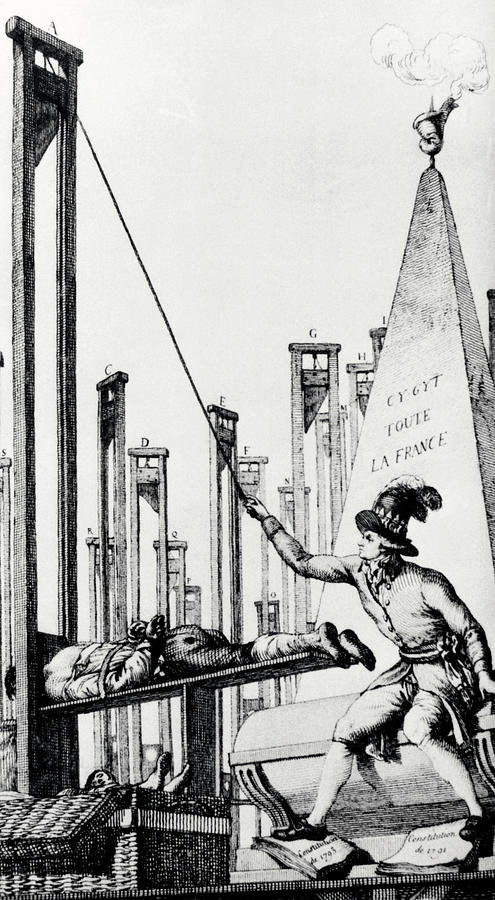By Alexis Simendinger & Kristina Karisch | AP

During an election year in which Donald Trump promised Americans he would dramatically overhaul the federal government, the Justice Department stood out.
Yes, Trump, now the president-elect, vowed to eliminate the Interior and Education departments, which would indeed be dramatic if Congress went along with it. And firing four-star generals and erasing U.S. military assistance abroad, including support for Ukraine, as Trump vowed, would prompt tremors globally.
But the incoming president’s public promises to target Justice’s prosecutors, President Biden, the department’s career employees and other law enforcers he’s criticized has attracted much attention.
Pam Bondi, the former Florida attorney general and Trump loyalist nominated to lead the department (after the withdrawal last week of initial nominee Matt Gaetz), will face questions during her confirmation hearing about how she would handle White House political influence, if she becomes the nation’s top law enforcer.
Senators already are mulling those questions.
Sen. James Lankford (R-Okla.) told CNN’s “State of the Union” Sunday that it’s too early “to know one way or another” if the Justice Department will encounter political interference from the White House under Trump.
The senator said anyone confirmed by the Senate to be attorney general would not be Trump’s lawyer. The appointee leading the Justice Department is “America’s lawyer,” he explained, regardless of being loyal to the president. “Every single U.S. attorney around the country works for them and with them. So, it is very important that we get this role right, and that they’re actually focused on diminishing crime in America and making sure we’re getting good prosecutions,” Lankford added.
Trump’s list of identified targets is long, as Politico recently noted. On his roster is Justice Department special counsel Jack Smith, who brought criminal indictments against Trump in two cases — alleged election interference in 2020 and retaining classified documents. Trump last month called Smith “mentally deranged” and said he “should be thrown out of the country.”
Smith, whose evidence was not detailed in court before Trump was elected, is winding down those cases and plans to resign before Trump is inaugurated. The president-elect has denied any wrongdoing and heralded the Supreme Court’s ruling that presidents have limited immunity from prosecution.
If the special counsel’s legal team does not resign with Smith, Trump plans to fire them, including career attorneys typically protected from political retribution, The Washington Post reported.
Some legal authorities suggest a resignation might not end the repercussions for Smith. New York University Law School professor Stephen Gillers, during an interview with Bloomberg Law for its podcast and radio, said that Trump has made clear that in his view, Smith is “enemy No. 1.” And there are actions Trump could take, even after Smith leaves the department, to apply pressure, he added.
“The problem here is that the Supreme Court has told us that the president controls all power of the executive branch, all of it. That’s a direct quote: `All of it,’” Gillers continued. “There is no check and balance within the executive branch. Trump is the decider, all by himself, about what the executive branch will or will not do.”
NBC News: Trump’s former defense lawyer, Todd Blanche, nominated to be No. 2 at the Justice Department, will be challenged, if confirmed, amid the president-elect’s determination to overhaul Justice and influence its work.